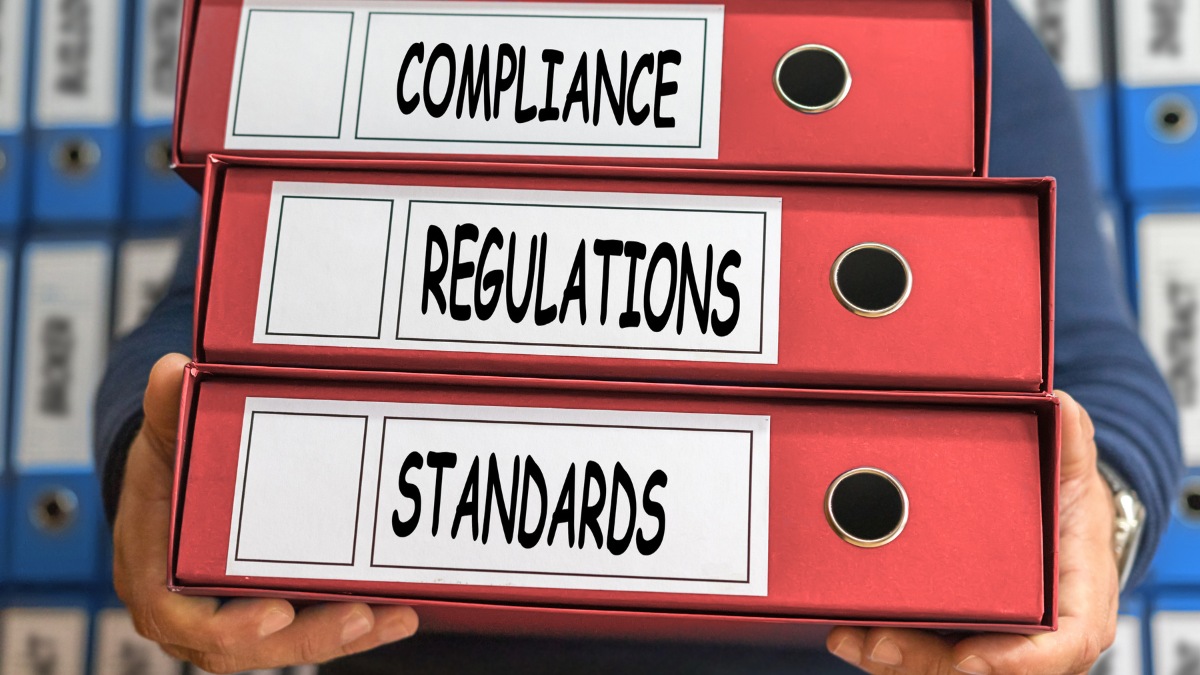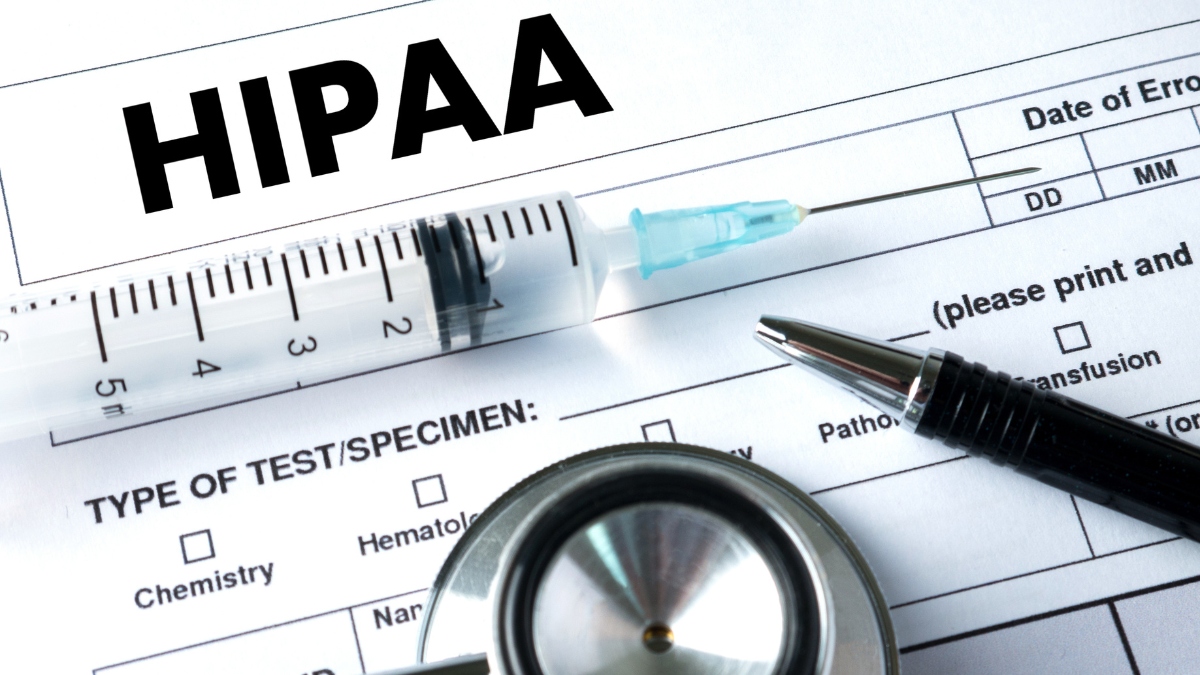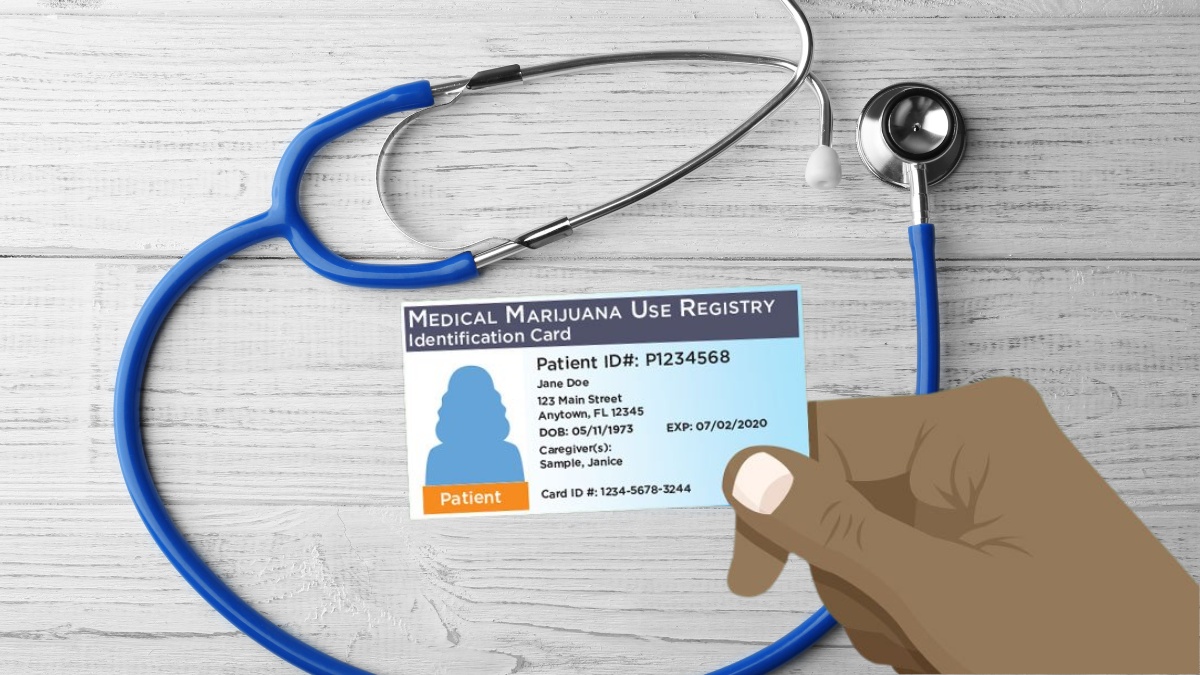By: Jeff Cohen
A physician recently shared a scenario that highlights an issue many healthcare professionals face today—compartmentalizing professional responsibilities. The doctor works with a platform focusing on GLP-1 receptor agonists (GLPs). During a consultation, a patient mentioned experiencing rectal bleeding. When asked, the patient confirmed she had undergone a colonoscopy two years prior. The doctor proceeded to prescribe the GLP but found himself unnerved afterward, ultimately reaching out to discuss the situation.
His justification? He wasn’t the patient’s primary care physician, and the patient had signed consent forms acknowledging the limited scope of his role, which solely involved consulting on the use of GLPs for weight management. However, his discomfort led him to reevaluate his actions—a response that was both appropriate and necessary.
Healthcare professionals tasked with prescribing authority cannot isolate their obligations as simply transactional. Licensing boards and courts will seldom consider compartmentalization as a valid defense for failure to act comprehensively in a patient’s best interest. The perception that a clinician is “lending their license” for the purpose of product promotion often undercuts any argument of limited responsibility. This perspective is especially prominent in litigation and regulatory evaluations, where such compartmentalization may be seen as negligence.
Physicians must understand their roles as “captains of the ship,” an analogy that underscores their overarching responsibility for patient care. A license to prescribe encompasses more than writing a prescription; it requires critical judgment, professional advice, and thorough documentation. Attempting to minimize scope or avoid responsibility is not a sustainable—or ethical—approach.
Licensed healthcare professionals must adopt a proactive stance that prioritizes patient care, regardless of the limits they intend to impose on their roles. The case above is a clear reminder of the importance of doing more than the bare minimum. The doctor should have gone beyond the prescribed scope to address the patient’s rectal bleeding as a potential symptom requiring further investigation.
While the patient stated she had a colonoscopy two years prior, the standard of care should have prompted the physician to readdress the issue by recommending another colonoscopy or ensuring the patient’s records confirmed her health status. Furthermore, prescribing the GLP without resolving the bleeding issue was a decision that could easily be flagged as risky. A more cautious—and appropriate—course of action would have been to delay prescribing the GLP until further diagnostic confirmation, such as a negative colonoscopy, had been obtained.
This process not only aligns with ethical medical practice but also offers legal protection. Thorough documentation of a physician’s actions to address potential health risks can serve as evidence of their commitment to the patient’s well-being in regulatory or judicial scrutiny.
The law is largely indifferent to whether patients take responsibility for managing their health. It will not hold the patient accountable for neglecting to follow up on a medical recommendation. Instead, the burden of responsibility will fall on the licensed professional. Courts and state boards expect physicians to act with diligence and prioritize the health of their patients by addressing all relevant medical concerns.
Simply turning a blind eye or adhering narrowly to the consultative scope of a practice does little to fulfill a prescriber’s professional duty. Healthcare professionals must avoid falling into the trap of working in silos, particularly when patient well-being may be compromised. The argument of limited liability is rarely sufficient to protect against lawsuits or regulatory consequences.
The lesson here is straightforward but vital. If you hold prescribing authority, you are not only responsible for the medication but also for the broader context in which it is prescribed. It is critical to:
- Assess the Whole Patient: Go beyond the immediate reason for the consultation to identify and address other potential health concerns.
- Document Everything: Provide clear and detailed records of your thought process, medical advice, and actions to demonstrate a comprehensive approach to patient care.
- Act Judiciously: When in doubt, err on the side of patient safety. Delaying a prescription or recommending additional diagnostics may inconvenience the patient temporarily but likely serves their best interests—and protects you professionally—in the long run.
Healthcare practitioners who attempt to compartmentalize responsibilities risk undermining the very foundation of ethical patient care. Whether serving as a primary care physician or a specialist consultant, prescribers must maintain a commitment to the overarching duty of care owed to each patient.
For the doctor in this scenario, making the call to revisit his decision was the right move and reflects the kind of conscientious practice that should be the standard for all healthcare professionals. By doing more—giving professional recommendations, taking responsibility for comprehensive care, and documenting key decisions—providers not only safeguard their patients but also uphold their professional integrity and legal protection. Ultimately, licensed professionals must remember—being the “captain of the ship” is not just a metaphor. It’s a non-negotiable responsibility.







